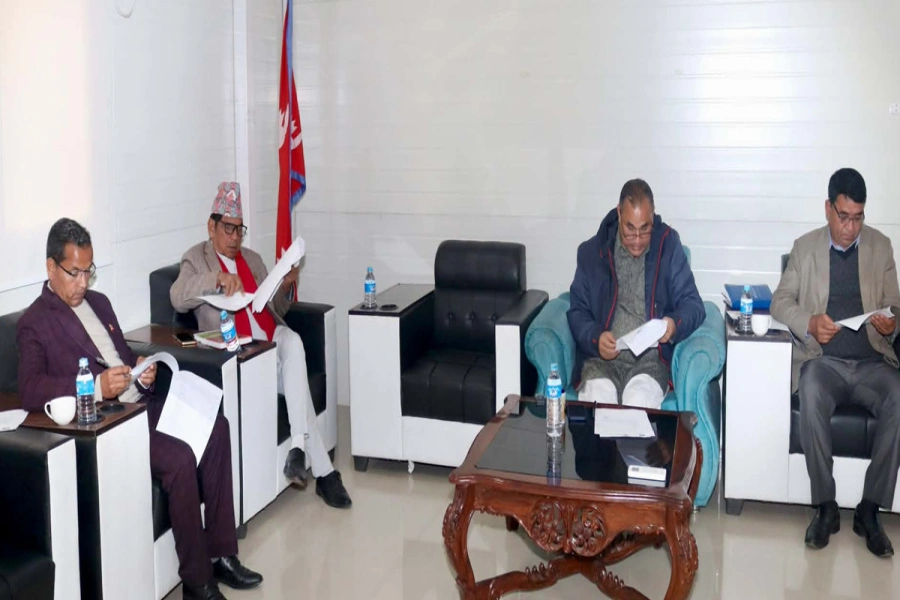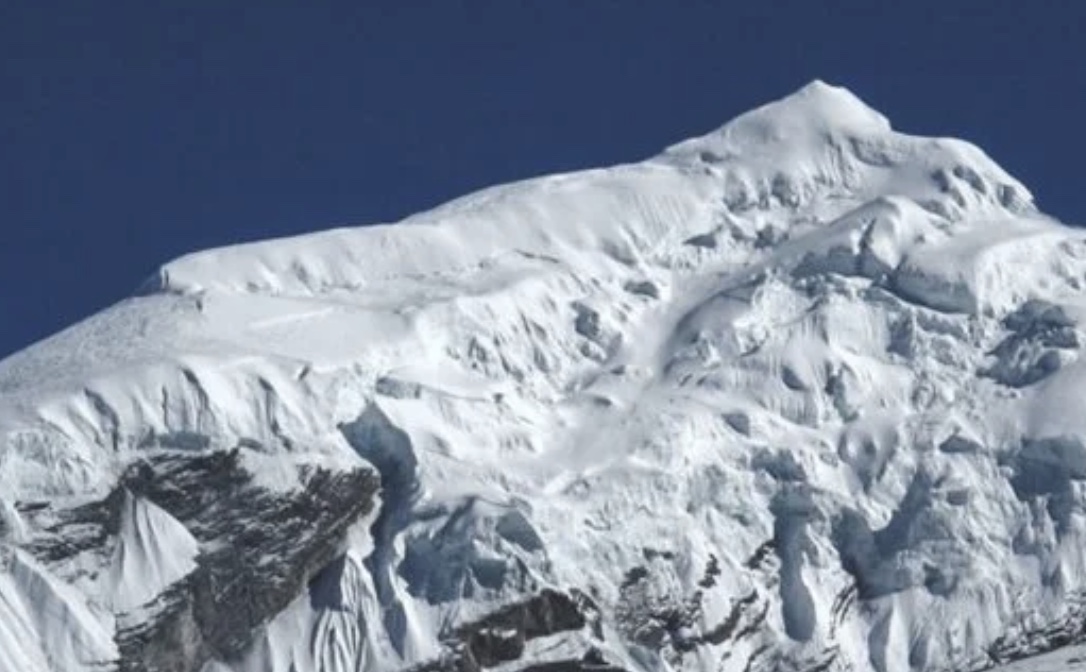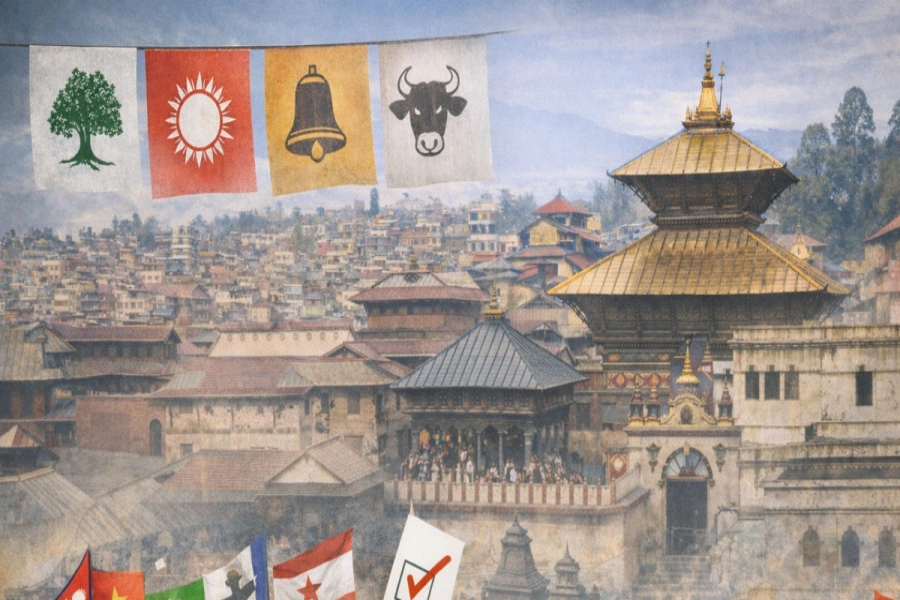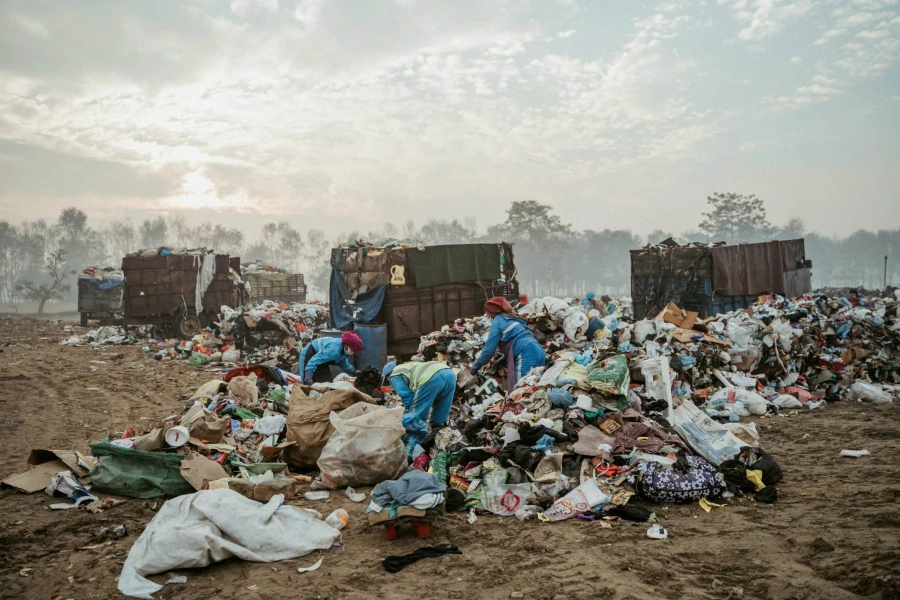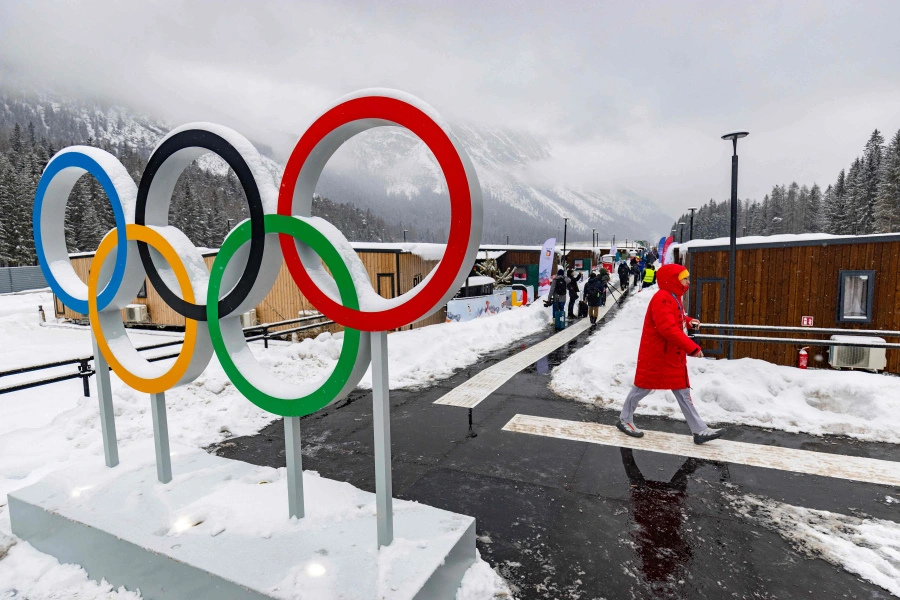It is getting too late to mainstream mountain communities in the initiative to fight impacts of climate change
One hundred eighty households in Raduneta of Palanta Rural Municipality, Kalikot, have to walk for more than five hours to fetch water for daily consumption. The sources of water in their locality have completely dried up. With the changing climate, the rainfall pattern has become quite erratic.
Lands have been barren for the past three years due to continuous drought, disrupting long-term weather patterns which have direct and severe impacts on food security. It has posed a serious threat to the natural freshwater regime of mountains, affecting the lives of mountain communities and millions of people downstream.
But this is just one case. Similar cases are found in the adjoining mountain areas of the country. Few years back, in Khatyad area of Mugu, the unexpected hailstorm completely destroyed rice and other crops in 12 VDCs during the time of harvest. Given the fact that most of these communities survive on subsistence agriculture with no other source of financial resources or alternative supply of food, this loss threatens very survival of many thousands of Mugu population, most of them below the poverty line.
These communities are extremely placed in the frontlines of the climate catastrophe and are even more severe to poor and marginalized population of Karnali and other mountainous regions.
Mountain Sports Conclave successfully concludes; Nepal commits...

Despite negligible contribution to climate change, Nepal is one of the most vulnerable countries. Addressing the mountain agenda is a still a challenge not only in national level, but in global level as well. Global goals to achieve sustainable development by 2030, SDGs have principally agreed that no one should be left behind. But mountain people and mountain agenda have been neglected. They need more attention from all the sectors.
Mountain issues and agenda have been left out in different international policy process and have not been addressed adequately in the United Nations Framework Convention on Climate Change (UNFCCC). The 24th Conference of the Parties (COP) to the UNFCCC is underway in Katowice, Poland. The main agenda of the conference is to put pressure on the need for tackling climate change issue under the Paris Agreement. The conference is also expected to finalize the rules of Paris Agreement on climate change under Paris Agreement Work Program.
Mountain people and countries are likely to suffer further if stakeholders fail to take adequate measures to address the woes caused by climate change. It is important to develop collective response to climate change for the mountain region; to operationalize the Paris Agreement and to tackle the adverse impact of climate change and global warming on the fragile mountain eco-systems and their inter-linkages with downstream and develop the coordinated effort to raise voice to protect the rights of mountain communities. Alliance of mountain countries should be formed and the government should increase engagement to champion mountain issue internationally.
Mountain Tourism is one of the major sources of income for Nepal, a home to eight of the 14 mountains that are above 8000 meters. Mountaineers and experts state that snow-melting is occurring at faster pace. According to the report published in 2011 by International Centre for Integrated Mountain Development (ICIMOD), rising global temperatures have shrunk the total area of Nepal’s glaciers by almost a quarter between 1977 and 2010, with an average of 38 sq. km vanishing every year. Tourism contributes around Rs 50 to 60 billion annually. The country may lose this amount if mountain snow continues to melt.
Time’s running out
It’s getting late to do economic assessment of impacts of Climate Change in the mountain region and mountain economy and lead advocacy against it in international forums. Different programs should be introduced to make the mountain economy prosperous and to minimize the loss from climate change. Nepal won’t be able to do this by itself. Support of donor communities and global climate funds are vital.
Though Nepal has almost no contribution to global GHG emissions, as part of its global commitment it must take steps to help mitigate climate change. We have taken few initiatives—such as promotion of electric vehicles and solar energy—but we still have a long way to go. Recent report by Climate Action Network South Asia (CANSA) Nepal shows spending on petroleum is increasing exponentially and hovers around 150 billion in 2017/18 which is 30 times more than the petroleum expenses of fiscal year 1993/94.
Government should demonstrate seriousness in enforcing its climate-friendly policies and honoring international commitments on legal climate instruments it has been signatory to.
At the national level, we need to enhance capacity for effective utilization of technology and resources to tackle this challenge. Involving local people in preparing strategies to fight climate change can be effective. There is need to impart knowledge, skills and capacity to the vulnerable communities to build climate resilient communities.
It is getting too late to mainstream mountain communities in the initiative to fight adverse impacts of climate change.
The author is Advocacy and Knowledge Management Coordinator at KIRDARC Nepal







